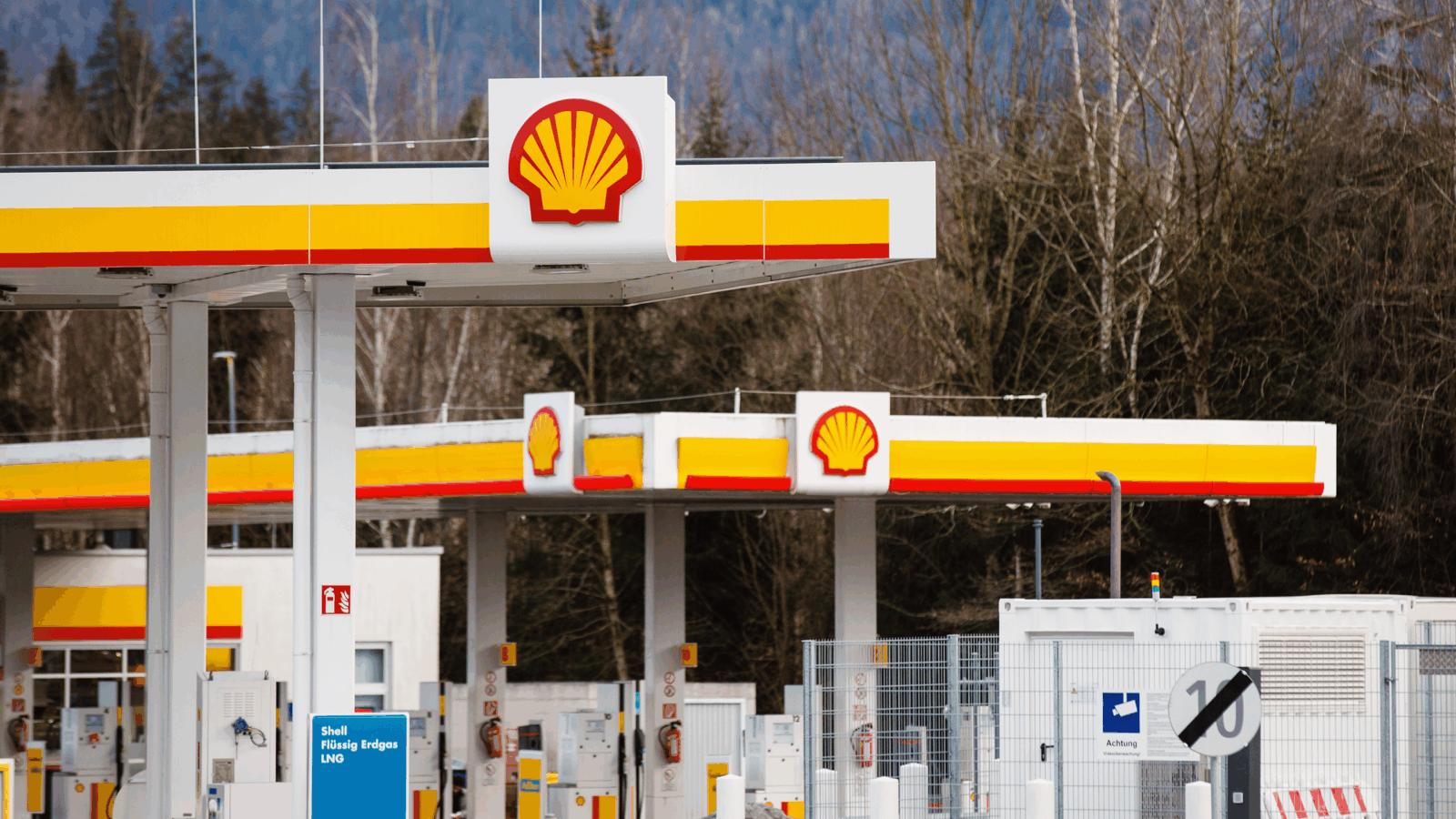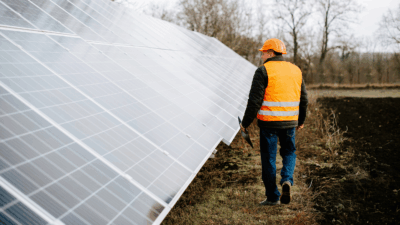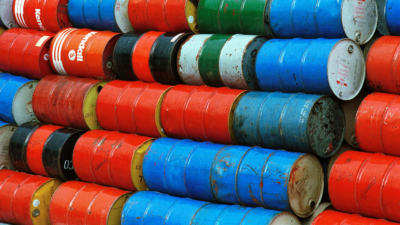
Sign up for smart news, insights, and analysis on the biggest financial stories of the day.
Old-school chefs will detest it, but environmentalists say it’ll help save the planet: cities around the country are weighing measures to ban natural gas hookups for new residential and commercial buildings.
The talks are precipitating a heated battle between utility companies, states in opposition to the ban, and restaurant associations concerned over higher costs and the unpalatable notion of steak seared via electric griddle.
Municipal State of Mind
Two years ago, Berkeley, California became the first American city to ban gas hookups in new residential and commercial construction projects. San Francisco, Seattle, Denver, and New York have since enacted or proposed their own prohibitions.
The rationale is pretty straightforward:
- According to the EPA, homes and businesses currently pump out about 13% of U.S. emissions per year, and fewer gas hookups means fewer emissions.
- Plus, federal investment in energy alternatives is picking up fast: the Biden administration’s $1.7 trillion infrastructure plan calls for wide adoption of electric heat pumps and induction stoves.
State of Opposition: But many state houses aren’t so keen on giving up gas. Arizona, Texas, Oklahoma, Tennessee, Kansas and Louisiana have all passed laws making such municipal prohibitions illegal. And Ohio’s considering one right now. Their concerns are simple:
- Without gas as a second energy source, residents could be left with no heat during extreme weather events, like the cold wave that swept North America in February.
- Bans could also result in higher electricity costs, putting budgetary strains on small businesses.
“We can’t just say if we electrify everything, we’re going to solve the challenge of climate change,” said president of the American Gas Association Karen Harbert, who argued electrifying too fast could strain power grids, in turn causing greater reliance on gas power plants.
Chef’s Special: The jury’s still out on what it all means for cuisine. The heat-distributing aluminium pans favored by many chefs don’t even work on induction stoves. Not to mention several cooking techniques – flambéing, for example – are harder to pull off when cooking electric.











